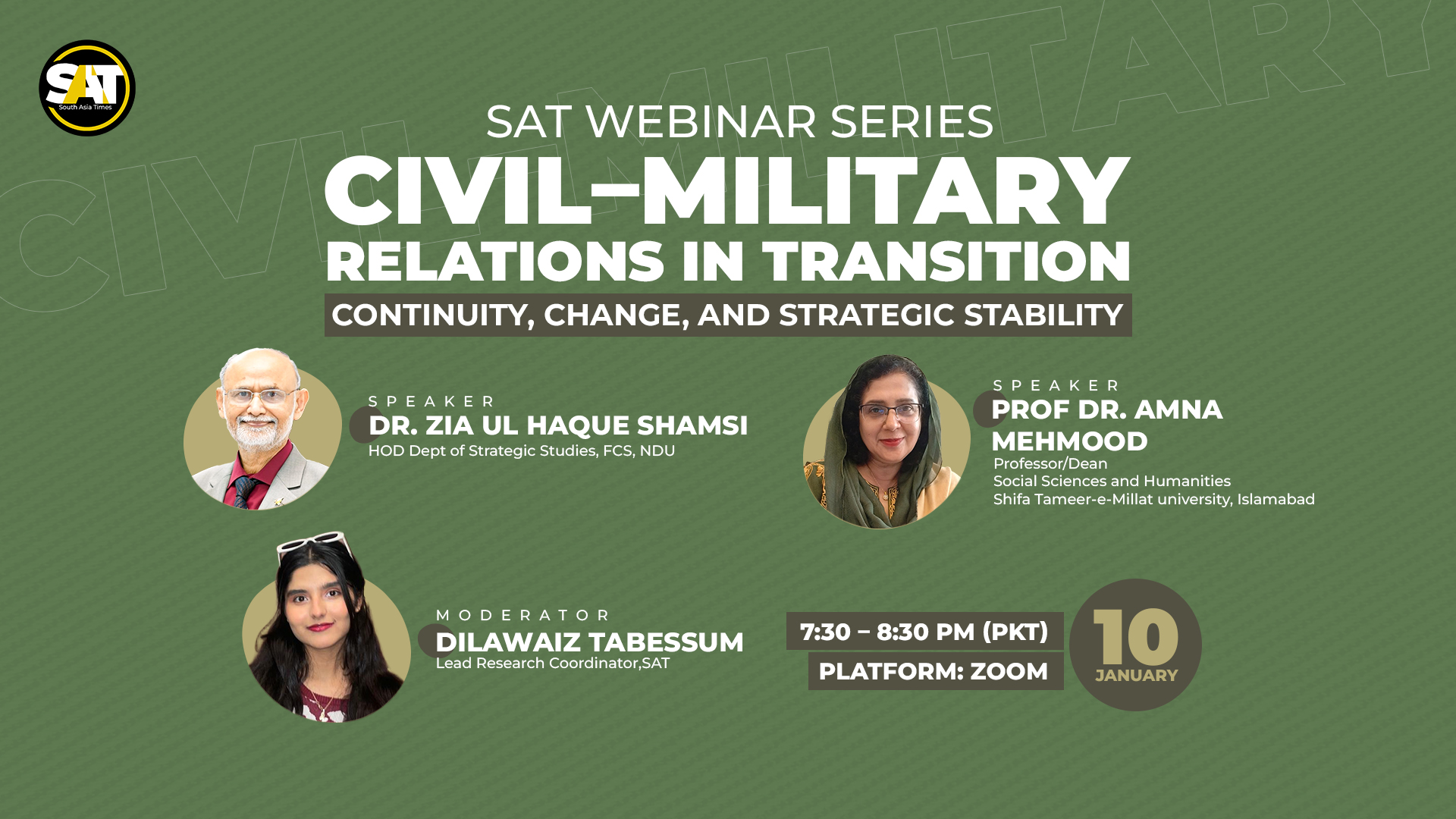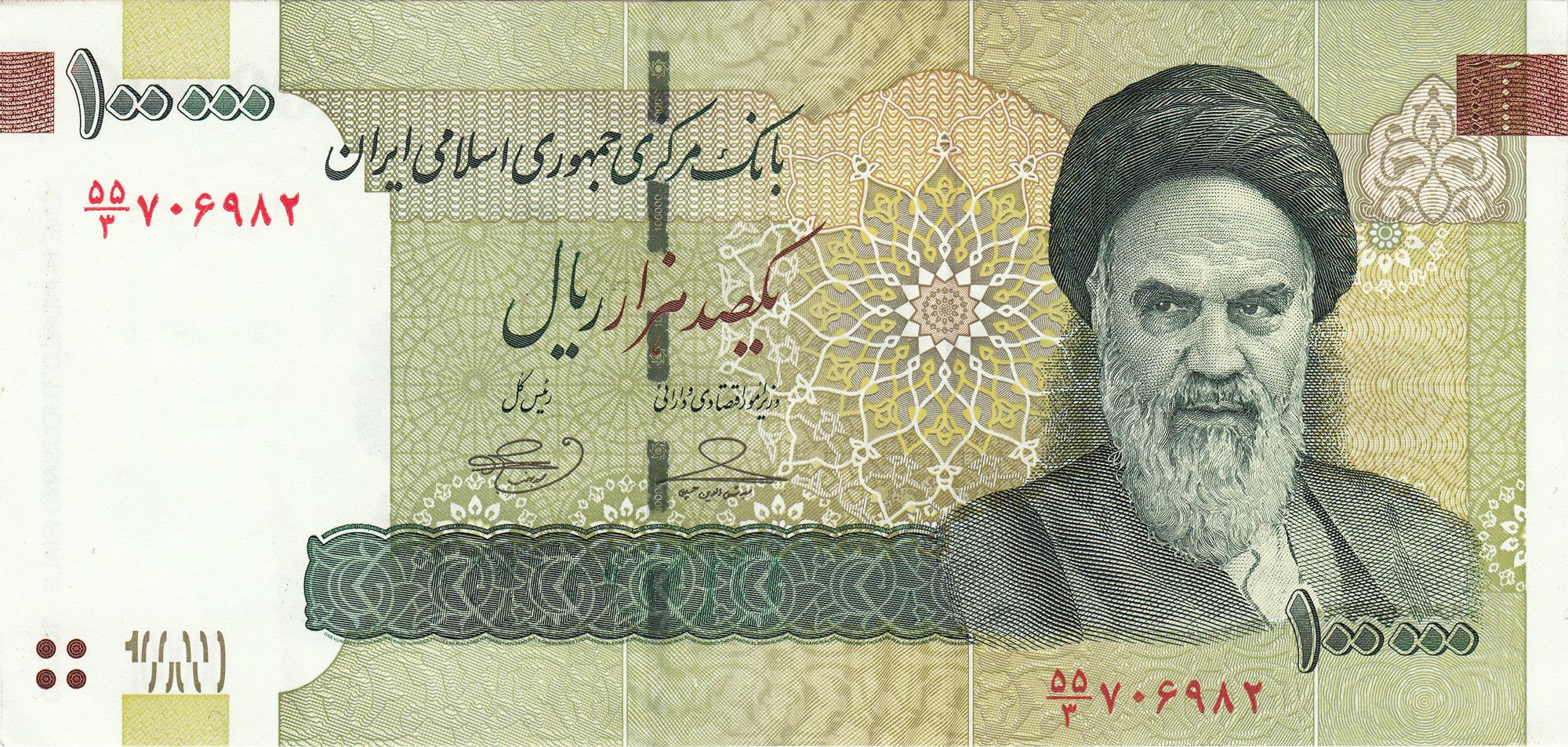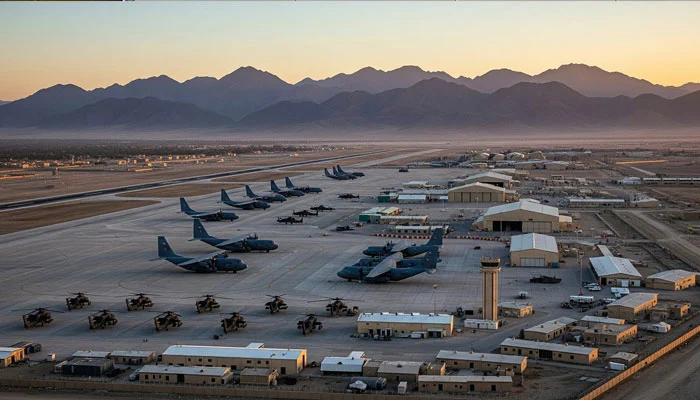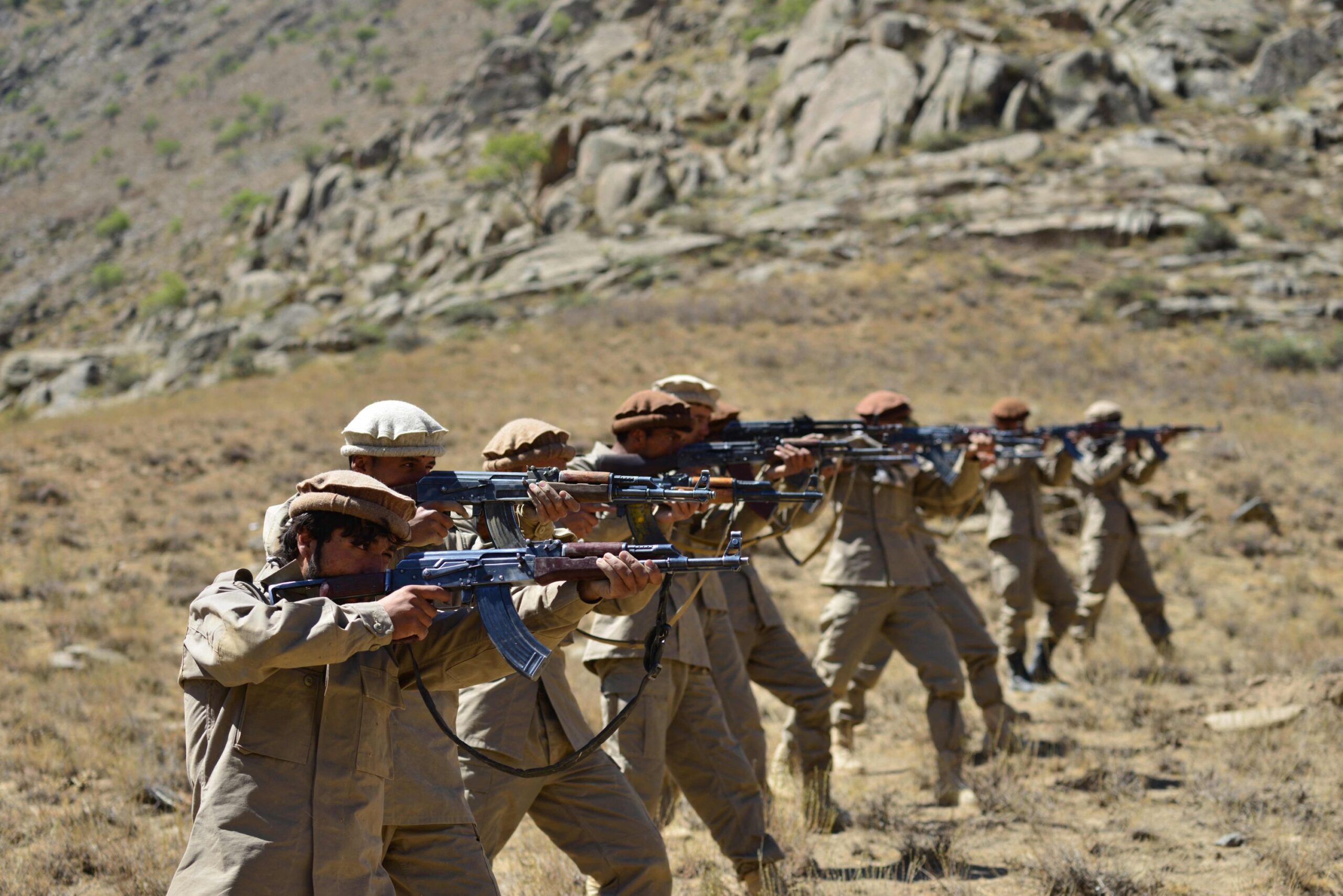Since its establishment in 1996, the Qatar-based news agency Al-Jazeera has gained international attention for its influential role in amplifying Muslim voices within a media landscape largely dominated by Western narratives. In the ongoing Israel-Palestine conflict, Al Jazeera’s coverage has brought global awareness to the “terrible atrocities” faced by Palestinians. Israeli authorities have detained many of its journalists, and some have even lost their lives. Yet the network continues to cover the Palestinian perspective, despite significant pressure, including attempts by the Netanyahu regime to shut it down.
Who Funds Al Jazeera, and Does It Matter?
However, Al-Jazeera’s role is not without its complexities. Its coverage has often sparked debates over whether it maintains the independence it pledged upon its founding. This promise is notable despite receiving a substantial “government loan of $150 million” from Qatar to establish itself and cover operating costs.
The fact that Qatari government funding has continued raises questions regarding the editorial autonomy of Al-Jazeera and the degree to which its reporting aligns with Qatar’s geopolitical interests and foreign policy objectives.
Qatar’s government has sought to advance geopolitical goals. These goals range from enhancing its influence in Middle Eastern conflicts to supporting Muslim Brotherhood movements. For instance, Al Jazeera’s extensive coverage of the Arab Spring, especially in Tunisia and Egypt, underscored themes of ‘democracy and social justice.’ This coverage reflected Qatar’s pro-uprising stance, particularly its alignment with groups like the Muslim Brotherhood. Some interpreted the network’s portrayal of these events as supportive of political ideologies that Qatar actively endorses.
Al Jazeera and The Framing of the Balochistan Terrorist Groups
Al-Jazeera has similarly faced scrutiny over its reporting on groups destabilizing regions like Balochistan in Pakistan. With Gwadar port emerging as a cornerstone of the China-Pakistan Economic Corridor (CPEC), this development has potential implications for regional trade dominance. It includes Qatar’s LNG export routes. Any shift in the balance of regional trade could challenge Qatar’s maritime ambitions. Some suggest that the “instability” in Balochistan may indirectly benefit Qatar. This situation could allow Qatar a strategic lever to influence regional developments.
Consequently, Al Jazeera’s coverage of terrorist groups operating within Balochistan has presented these factions not solely as terrorists. The network has portrayed them as “Baloch fighters” and “Baloch rebels.” These groups are depicted as a banned organization fighting for the independence of Pakistan’s Balochistan. Al Jazeera frames their narratives within socio-political struggles. This choice of emphasis often highlights ‘socio-economic disparities‘ and ‘human rights concerns.’ Many argue that Al Jazeera presents a sympathetic lens toward separatist groups like the Baloch Liberation Army (BLA).
Recent Case in Point: The Bacha Khan Documentary
The network’s reporting on Pakistan’s internal issues has similarly garnered concern. Viewers interpret documentaries, such as recent portrayals of historical figures like Bacha Khan, as aligning with narratives pushed by terrorist groups and other anti-state actors. These coverages emphasize ‘resistance‘ and ‘historical grievances.’ This approach appears to be part of a broader effort to legitimize the perspectives of these groups. In doing so, it could inadvertently encourage sentiments against the Pakistani state.
In assessing Al-Jazeera’s coverage, it’s important to consider that media entities inherently reflect to some degree the ideologies and objectives of their funders and the political landscapes in which they operate.
Al Jazeera: What’s the Deal with Selective Reporting?
This ‘selective reporting’ can be observed in its Arab Spring coverage. For example, during the Tunisian and Egyptian uprisings, Al Jazeera’s narratives centered around ‘people’s empowerment.’ The network extensively broadcast the protests and viewed them through a lens of “democratic revolution.” Qatar’s backing for the Muslim Brotherhood is no secret. Notable endorsements, such as Qatari patronage of prominent figures like Yusuf al-Qaradawi, mark clear geopolitical alignments. Al Jazeera’s handling of the Syrian conflict also illustrates this tendency. The network championed opposition groups perceived as moderate, such as the Free Syrian Army (FSA), while downplaying the extremism of other factions, like ISIS and Nusra Front.
These editorial decisions, while in part supporting legitimate calls for reform, sometimes obscure the complexities of multifaceted regional conflicts.
The Portrayal of the Afghan Taliban at Al Jazeera
Al Jazeera’s coverage of Afghanistan further reflects these complexities. During the 2021 Taliban takeover, the network portrayed the Taliban as ‘legitimate actors.’ This portrayal aligned with Qatar’s role as a mediator in peace talks. Some viewed this approach as sympathetic framing, which aligned with Qatari interests in maintaining a foothold in Afghan diplomacy.
Consequently, this pattern of perceived bias has prompted observers to scrutinize Al Jazeera’s portrayal of various groups. They pay particular attention to those with ideological ties to the Muslim Brotherhood. Qatar’s ongoing support for certain political factions and socio-political groups further suggests that the network’s perspective often reflects Qatari geopolitical ambitions.
In essence, Al Jazeera’s global influence is undeniable, shining a spotlight on stories often overlooked by mainstream Western media. Yet, its intricate relationship with Qatari state interests—from supporting Brotherhood movements to navigating Middle Eastern power plays—raises compelling questions about where journalism ends and geopolitical agenda begins. The world’s audiences are growing savvier and more media literate. Al Jazeera’s legacy will hinge not only on the voices it amplifies but also on its ability to uphold credibility amid the pull of politics. The takeaway? In today’s media, what’s unsaid can be just as impactful as what’s said.

![The newsroom of Al Jazeera English TV channel, Doha, Qatar [Image via Alamy Stock Photo]](https://southasiatimes.org/wp-content/uploads/2024/10/edited-404495small.webp)




